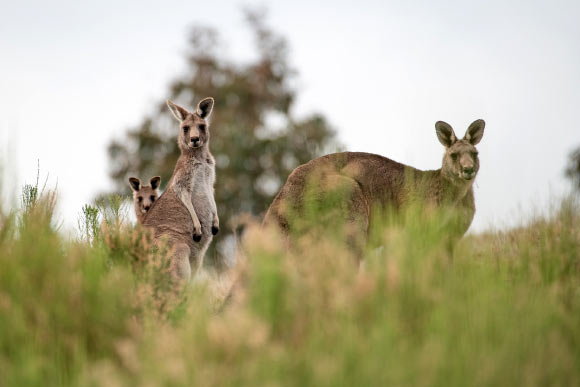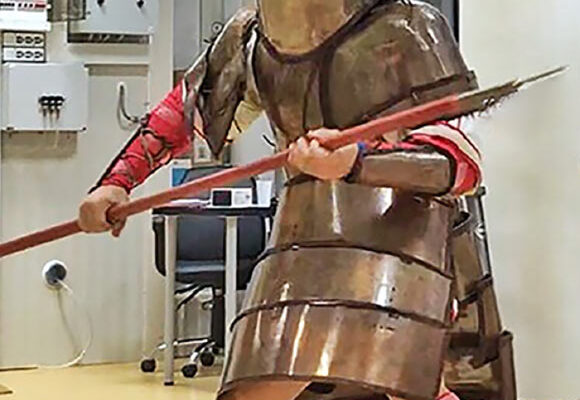
Study identifies high-performance alternative to conventional ferroelectrics
Lighting a gas grill, getting an ultrasound, using an ultrasonic toothbrush—these actions involve the use of materials that can translate an electric voltage into a change in shape and vice versa. Lighting a gas grill, getting an ultrasound, using an ultrasonic toothbrush—these actions involve the use of materials that can translate an electric voltage into a…









